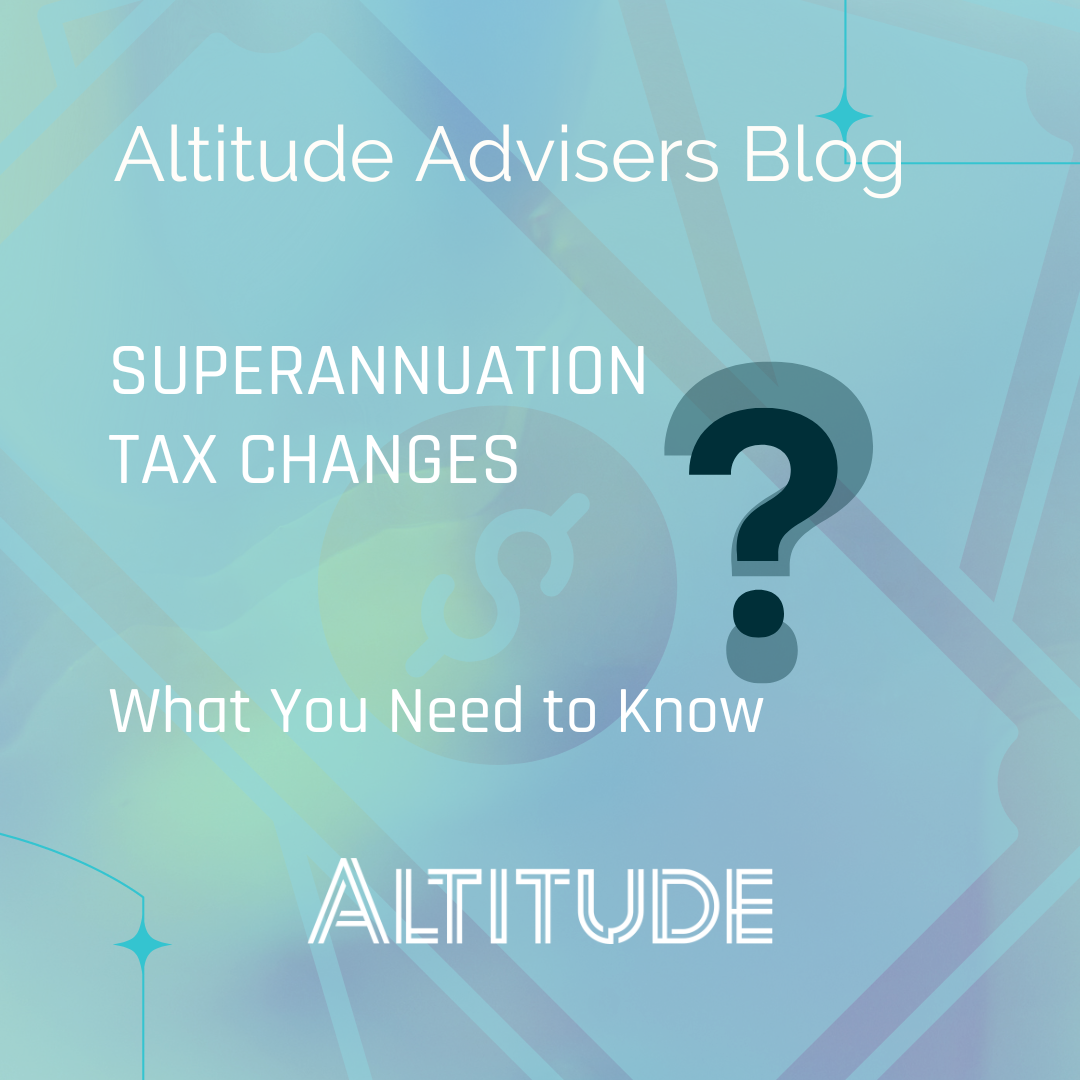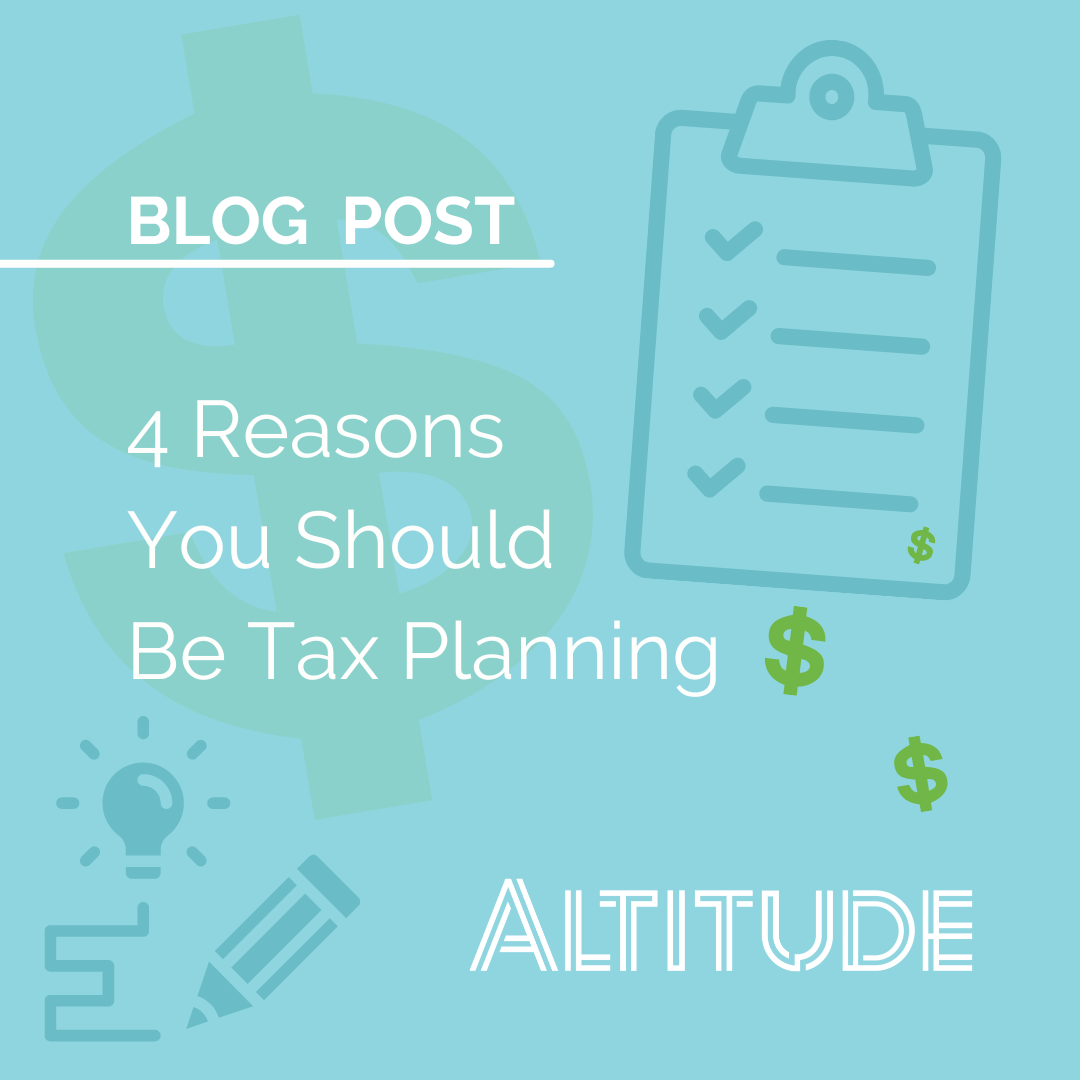
Ease your concerns about the recent changes to superannuation taxes announced by the Australian Government.
While the initial focus was on the $3 million cap, analysis has shifted due to the initial recommendations seeming rushed and nominating the simplest method of taxing superannuation. This article will help you understand the implications of these changes and how you can plan accordingly.
It’s a 15% tax, not a 30% tax.
Contrary to popular belief, the new tax is not a 30% tax. It’s a 15% tax on taxable (assessable) income within each fund and a separate 15% tax on the change in Total Superannuation Balances (TSB) over the financial year for those with over $3 million. The reason it’s being called a 30% tax is because it’s on top of the existing 15% tax paid on accumulation funds. If a member held $3 million in a pension account, then it would be a 15% tax in total with 0% on the first $3 million.
Payment can be delayed until end of financial year 2027.
SMSF trustees have until 15 May 2027 to lodge their annual report, and payment is unlikely to be required before 30 June 2027. This means that our clients have time to plan and adjust their strategies accordingly.
Defined Benefit super schemes are not addressed
The complexities of Defined Benefit super schemes are not addressed in the new policy. Many of these arrangements do not define an amount in super, so someone may expect to retire on $100,000 a year but not have a TSB.
The tax is based on growth in assets over a financial year, including unrealised gains
This is new ground for taxation, and it means that the tax liability relies on the definition of earnings, which includes unrealised capital gains. This could have a significant impact on SMSFs that hold investments with large unrealised gains.
Super funds do not know the TSB of their members
The ATO is the only place that records all superannuation balances. Most people can find their TSB using ATO online services, usually accessed via MyGov, listed under ‘Super’. However, these records do not hold or calculate taxable (assessable) income across all super funds.
The policy may have been rushed.
As the surprises reveal themselves, it looks increasingly like the policy was rushed. The only place that records all superannuation balances is the ATO, and a method was needed that avoided a major systems redesign within each fund.
In conclusion, the recent changes to superannuation taxes have some implications for us in Brisbane. It’s essential to understand that it’s a 15% tax, not a 30% tax, and that payment can be delayed until FY28. The tax is based on growth in assets over a financial year, including unrealised gains, which could have a significant impact on SMSFs that hold investments with large unrealised gains. If you have any questions or concerns about how these changes may affect you, please do not hesitate to contact us. We are here to help you navigate these complex issues and plan for your financial future.


